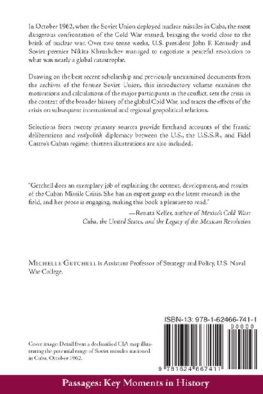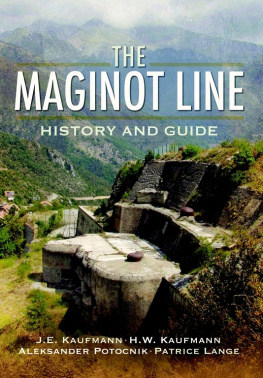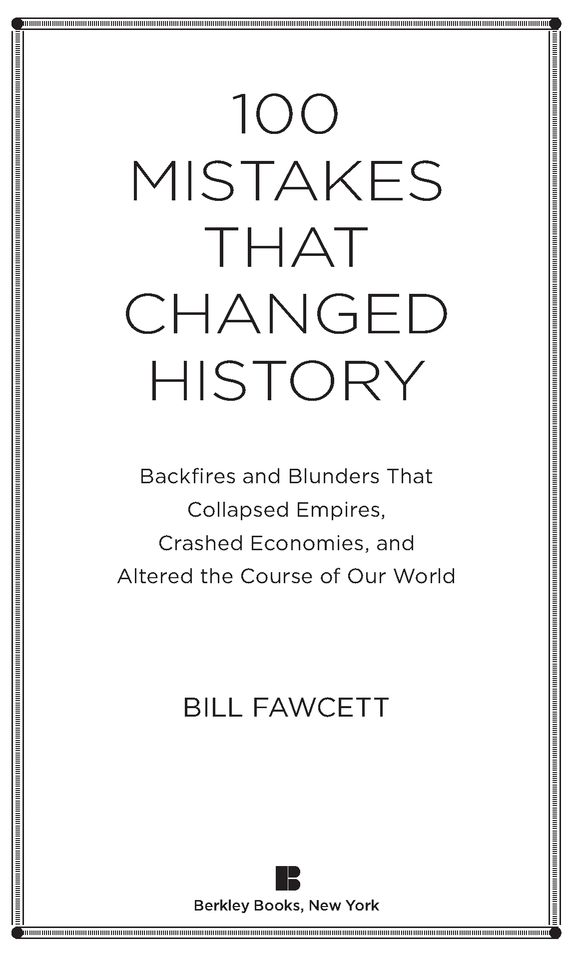Table of Contents
Most Berkley Books are available at special quantity discounts for bulk purchases for sales promotions, premiums, fund-raising, or educational use. Special books, or book excerpts, can also be created to fit specific needs.
For details, write: Special Markets, The Berkley Publishing Group, 375 Hudson Street, New York, New York 10014
Thanks to researchers Mari Hillburn and Karen deWinter. And special thanks to Tom Colgan for actually letting me have the fun of writing this book.
But the real dedication has to be to the millions of men, women, children, soldiers, sailors, airmen, and even animals that paid such a high price for the mistakes of others from the beginnings of recorded history. And maybe an apology to those who will come after for the mistakes being made now that they someday will have to pay for.
INTRODUCTION
History-Making Mistakes
Or perhaps more accurately Mistakes Making History. Look around. Do you think the world got this way on purpose? The best-laid plans of mice and men often do go awry, and this book is about the awry part of that phrase. Much of history happened not because of careful planning by great leaders but because of mistakes made by them and others. In this book we take a look at one hundred decisions, actions, and just plain accidents that changed the course of history. To qualify as a mistake, the error has to be something that the person making it knew better or should have known better than to make. Being outwitted is not a mistake; doing something so stupid that any reasonable person would know it would cost you the battle, your kingdom, or your life is a mistake.
Life was not always the same as it is today. We view the past through the lens of today, as modern people looking at it from todays perspective. In ancient Rome, communications between cities could take days, not seconds, and the worldview of a Saxon noble or a Crusader is a far cry from yours or even anything you have seen in the movies. Honor and faith to them were as important as wealth or status is today. Context is important. By necessity, the entries in this book are short. That limits, perhaps mercifully, detailed explanations of the time and attitudes in which the mistake took place. The story of each mistake begins by setting it in context. Because these mistakes were world-changing events, many have books or whole libraries worth of books written about them. Do seek out books to read further if something really interests you. History becomes more fascinating the deeper you delve into it.
In this age when every sniffle and stutter is recorded and rebroadcast hundreds of times, it is easy to see that no one is perfect, and we are constantly reminded that to err is human. People make mistakessome of them whoppersand the great leaders of history managed to be mistaken just as often as are the much-scrutinized politicians of today. Some of those mistakes changed the course of history for the entire world or at least for a continent.
There may be a philosophical message hidden among this survey of the stumbles and missteps on the march of history. Feel free to seek it out. But for the most part, whether in a war or in the bedroom, the great mistakes of the past are fun to read about, and that is the point of this book. It can even be a little reassuring that so many have blundered so often in the past and yet we all survive and even thrive. Looking at the devious route the world took to get here also provides insight into the illogical, often confusing, but always fascinating time we live in now.
AMBITION
The Mistake That
Made the West
499 BCE
It can be argued that this mistake set into movement the events that created and preserved Western culture as we know it today. This is why it is included here a bit out of chronological order. The world as we know it today all began with a very bad judgment made by the tyrant of the Ionian city-state of Miletus. His name was Aristagoras, and his mistakes began a chain of events that are still being played out today. The city of Miletus was located on the eastern coast of the Aegean Sea, in an area known as Ionia. That entire coast was controlled by Persia, and the tyrant and his city owed both allegiance and taxes to Darius I.
To understand Aristagoras mistake you need to take a look at the world as it was in 499 BCE, more than 2,500 years ago. The fastest means of communications was a message sent by horseback, and it took weeks for communications from Darius I to reach a distant city such as Miletus. It also took months for Darius to raise an army from the heart of the Persian empire and march it to a distant satrapy, a Persian province, such as those on the Aegean coast. Miletus was in the boonies, the far end of the empire. What this meant in practical terms was that the tyrants, men in absolute control of an area or city for Darius I, operated on their own as kings, called satraps.
There was also a lot of competition among the Persian satraps. Everyone wanted to look good so that they could be promoted to more prestigious and comfortable positions in the capital of Babylon. The problem for this particular satrap was that Greek Aegean cities like Miletus were neither important nor prestigious. Men such as Aristagoras needed to do more than just be competent to get noticed; they needed to do something spectacular that attracted the attention and approval of a distant emperor. Only then were they given more control of a richer and more important satrapy or even a coveted position in the Babylonian court.
Off the coast of Ionia, in the Aegean Sea, is the island of Naxos. This island had on it a city-state in what we would call today the sphere of influence of Persia. Darius had appointed a tyrant to rule in his name and collect taxes. Yes, even at the dawn of civilization it was all about taxes. But being farther from the center of the Persian empire than even Miletus, the men of Naxos felt that they could throw out the tyrant Darius has assigned, and the island was too far from the capital for him to react. So Naxos declared its independence and executed the satrap. Being separate and independent lowered their taxes and gave the citys merchants more freedom to trade where they wanted. Those economic considerations were the more likely source of inspiration for the revolt rather than any philosophical need for freedom or democracy as we think of them today. At the time, the rights of men or the right to rule were vague concepts at best, but self-interest was just as strong a motivator then as now.
Aristagoras saw this nearby revolt as an opportunity. If he could recover Naxos for Persia, that might earn him some real credit with Darius. At a minimum, he could add the island to his satrapy, increasing his own importance and tax revenue. But the tyrant of Miletus had a problem. He could raise an army, but Naxos was an island, and he had no ships with which to transport his men to Naxos. To solve this problem, he cut a deal for the loan of the fleet controlled by the satrap of the larger and richer Lydia. This deal had a double advantage. That satrap, Artaphernes, happened to also be Darius Is brother. His involvement guaranteed that news of Aristagoras victory would make it to court. Then the tyrant hired one of the top admirals of the day, Megabates. He was an experienced and proven commander for the expedition. It was a good move right up until Aristagoras publicly insulted the seaman. In revenge, Megabates warned the citizens of Naxos that the invasion was coming. The island armed and prepared its defenses and put away food supplies, so that by the time Aristogoras ships arrived, the islanders were more than ready to deal with the invading soldiers. After four months of frustration and defeat, Aristagoras and his army were forced to retreat back to Miletus.



![Fawcett - How to lose the Civil War : [military mistakes of the War between the States]](/uploads/posts/book/92687/thumbs/fawcett-how-to-lose-the-civil-war-military.jpg)









